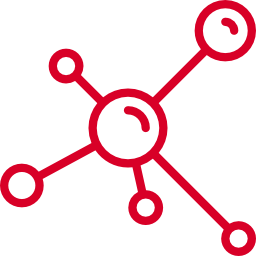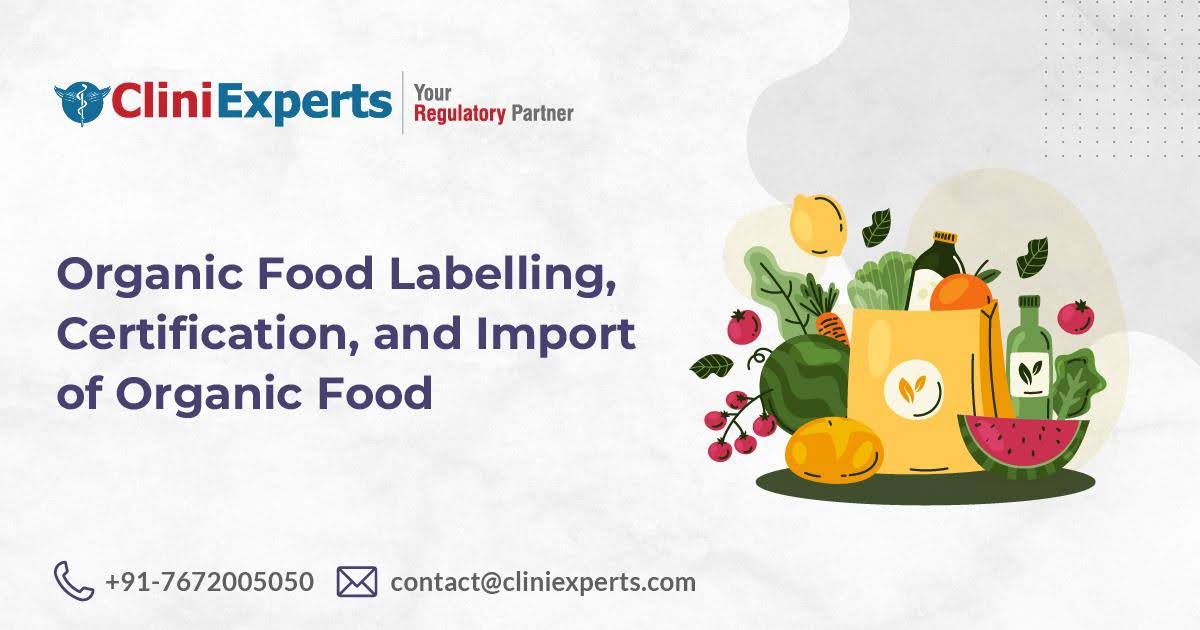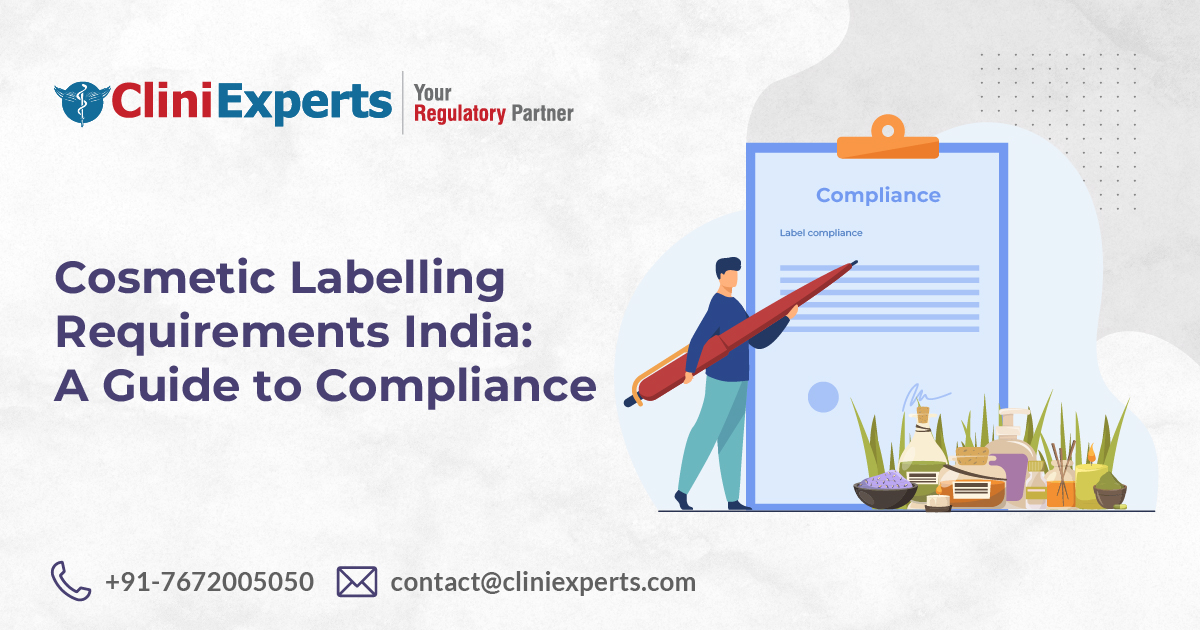Marketing Authorization of Biological Products in India

What are Biological Products?
Biological products are used for diagnosis, prevention, treatment and cure of diseases and certain medical conditions and are regulated by the Food and Drug Administration of India. They can be classified in varied categories and consist of complex molecules that are produced through biotechnological techniques in a living system such as through a microorganism, plant cell, or animal cell, and are often more difficult to characterize than small molecule drugs.. There are different types of biological products that have been approved for being used in India. Before the marketing of a new biological product, the manufacturer has to get prior approval from the respective body like CDSCO (Central Drugs Standard Control Organization). Therefore, once a new biological product is ready to be manufactured or imported, one has to follow certain steps to obtain marketing authorization of biological products in India.
How to Import Finished Biological Products in the Indian Market?
Once a biological product is ready for introduction in the market then for the import and marketing of the product an application has to be made to the Drug Controller General of India (DCGI) on form 44 along with CMC (Chemistry, Manufacturing and Control) reports and available preclinical and clinical studies. Furthermore, the applicant has to submit phase III clinical trial protocol along with PK (Pharmacokinetics)/PD (Pharmacodynamics) reports and the registration of the Clinical Trial is done. The phase-III clinical trial report is then submitted to Central Drugs Standard Organization (CDSCO) for review before approving the marketing authorization. After proper scrutiny and approval, the marketing authorization of the biological product is approved in form 45. For obtaining the NOC, preclinical data is submitted to the Review Committee on Genetic Modification (RCGM) on form C5 for the purpose of review. After following these steps, and certain other ones, an approval is granted for marketing authorization of the biological product.
License for sourcing drug substances locally to Create Biological Products
Before the manufacturing of biological products, one needs to get the license for sourcing the products. For indigenous sourcing of biological substances and manufacture of a test product, the first step is to identify the indigenous source and then transfer the drug substance to the manufacturing facility. Organization meant to conduct R&D is required to form an IBSC (Institutional Biosafety Committee) (Only in case if R&D is conducted on the substance containing GMO’s & LMO’s). The next step is to seek approval for conducting the pre-clinical trials after which marketing authorization is approved. For manufacturing biological products from locally sourced products, permission for conducting phase 3 and phase 4 clinical trials is sought. Prior to this the manufacturing facility is also required to seek approval from the GEAC (Genetic Engineering Appraisal Committee). Upon attaining the final approval, a person has to submit a product safety update report (PSUR) every 6 months.
License for importing drug substances Containing GMO’s and LMO’s for Manufacturing Biological Products
If a biological product contains GMO (Genetically Modified Organism) and LMO (Living Modified Organism) then a separate license needs to be obtained for which, the applicant needs to apply for a cell bank import permission for receiving permission in India for conducting research on GMO’s or LMO’s by using form B1/B5 via an IBSC (Institutional Biosafety Committee) formed by the organization conducting R&D. Further the application form C1 for doing research has to be filled and applied to RGCM. When the in-vitro and ex-vitro trials are completed, then the applicant is required to apply in form C3 for in-vivo R&D trials to RCGM. When the pre-clinical data is generated the applicant is required to apply on form C5 to RCGM for reviewing the data for approval. Apart from all this, the applicant is required to apply to the ethical committee for doing R&D trials on animals. Once the pre-clinical data is successfully reviewed by RCGM, the recommendation will come from the committee for clinical trials. Similarly, some other approvals are also required from Genetic Engineering Appraisal Committee (GEAC), if the product being manufactured contains any kind of GMO’s or LMO’s. After getting a recommendation, the applicant is required to apply using form 44 to obtain permission for importing or manufacturing a new biological product for a clinical trial. In further stages, and if required, a query is raised by the SEC of CDSCO. Once all queries are satisfied, the applicant will receive the permission pertinent to the marketing authorization.
License for importing drug substances not Containing GMO’s and LMO’s for Manufacturing Biological Products.
For import of a drug substance not containing GMO and LMO, the manufacturer should apply using form 44 to CDSCO along with CMC data of the substance for reviewing and granting permission. The manufacturer also has to submit a letter of declaration that the substance being imported does not contain GMO or LMO. Upon proper review and approval by the respective bodies, a permission is granted in a 45A form for importing of non-GMO and non-LMO drug substance for manufacturing of biological products.
Thus, the whole article gives a total information on how a company can obtain marketing authorization for biological products with all detailed information on all applications and process.
As is inherent after reading the article, that the process for obtaining the marketing authorization for biological products is extremely complex and difficult. Hence you must hire a knowledgeable consultant to help you out with the process. We at CliniExperts have been providing such services for years now, and would be happy to assist you with the application process. For more details, please reach out to us at +91-767 20 05 050 or +91-11-280 81 765 or email us at contact@cliniexperts.com
Saurangi is a food regulatory expert with 8 years of experience. She shares her knowledge and insights on regulatory updates, food trends, best practices, and news. Follow her for expert insights and practical advice on all things for food regulatory
Saurangi Shah
CliniExperts Services Pvt. Ltd.
Recent Posts
Organic Food Labelling In India| Certification, and Import of Organic Food in India

This Article is All About Organic Food Labelling In India and Certification, and Import of Organic Food in India. Explained in Detail About What is Organic Food labelling? Summary Short Description Wi..
Cosmetic Label Compliance India : A Guide to Compliance

Introduction Looking for Cosmetic Label Compliance India? Are you a cosmetic manufacturer or importer navigating the complex world of Indian regulations? Ensuring your product labels comply with the l..
Clinical Investigation Approvals: An Overview of Forms MD-22 and MD-23

Summary Short Description Strict regulatory protocols govern clinical investigations for medical devices. Central to this process are forms MD-22 and MD-23. Form MD-22 is an application to Central Lic..
HAVE A QUERY?
REACH US!Office
New Delhi
Unit No. 324 & 325, City Centre Mall, Plot No. 5, Sector 12, Dwarka, India - 110075
+917672005050
Bengaluru
RMZ Galleria, 1st floor, Ambedkar Colony, Yelahanka, Bengaluru, Karnataka, India – 560064
Call us on
Sales: +91 7672005050
Reception: +91-11-45214546
Timings
9 am to 6 pm (Monday to Friday)


